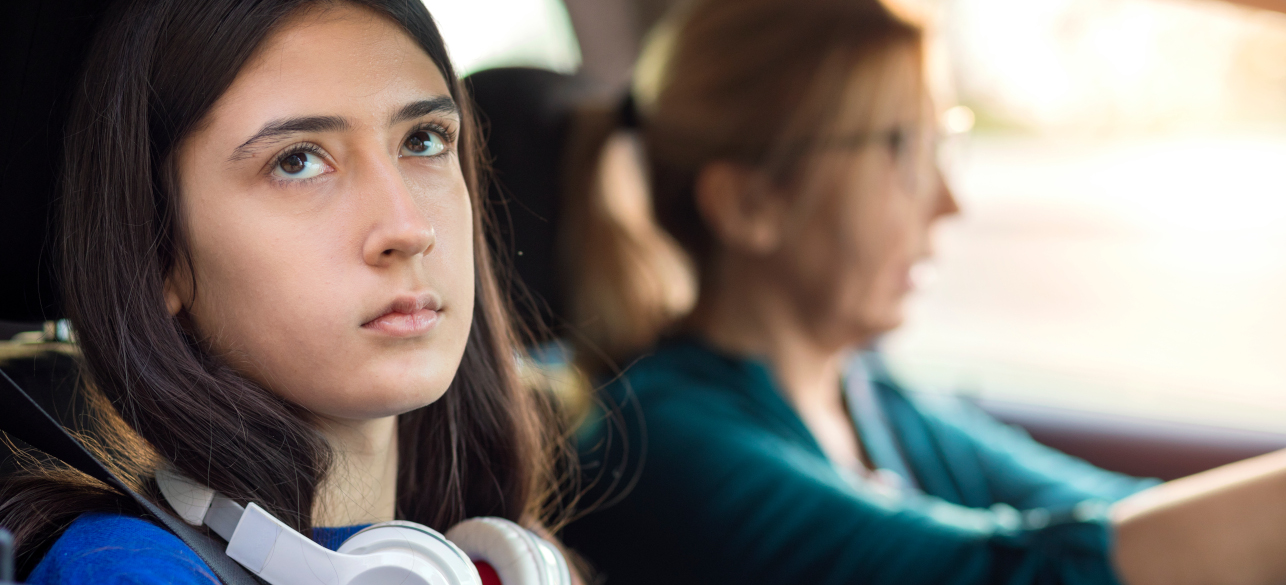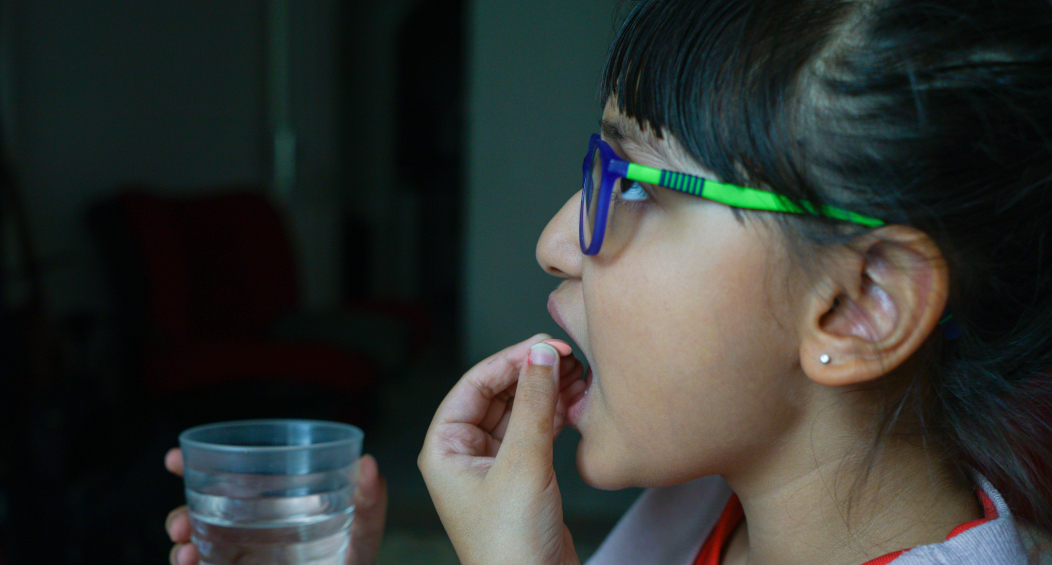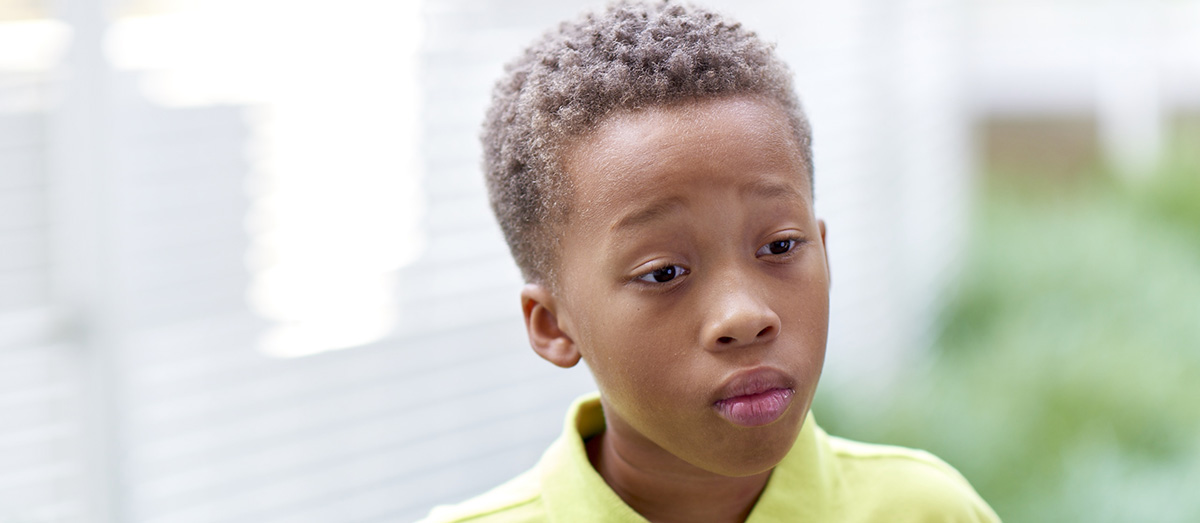Having a child diagnosed with a chronic illness is anxiety provoking for any family. This is especially true when a child is diagnosed with epilepsy, a complex and unpredictable condition.
While most children do well and stop having seizures, children with epilepsy are at increased risk for difficulties with mood, behavior, learning, attention, and poorer health-related quality of life, even when kids are seizure free. Managing this condition extends beyond stopping seizures. It includes helping children to grow and thrive in all areas of their lives.
MAJORITY OF KIDS WITH EPILEPSY WILL EXPERIENCE BEHAVIORAL HEALTH DIFFICULTIES
A majority of kids and teens with epilepsy will experience some degree of difficulty with emotions, behaviors, learning, or development. In fact, 30-40% of kids with epilepsy also have ADHD; 15-20% have anxiety; 20% have depression; 15-30% have autism; and about half have a specific learning disorder or intellectual disability. Kids with epilepsy are also at increased risk for experiencing suicidal thoughts.
These behavioral health difficulties can have a negative impact on kids and families. Children may struggle at school or with friends. At home, families may experience more stress. Understanding and treating behavioral health difficulties is important for helping kids and families achieve their best quality of life.
WHY THIS HAPPENS
When kids have seizures, the electrical activity in their brains is not working properly, which can happen for different reasons. The brain is in charge of many different things. Seizures may be one symptom of abnormal activity while difficulties in mood, behavior, attention, learning and development can be another. Which difficulties a child experiences, in part, depends on where the seizures occur in the brain.
Further, the medicines that are used to treat seizures may have side effects. Sometimes, the side effects introduce new problems like slower thinking, anger issues, or fatigue. Other times they make preexisting problems worse. For example, a child with hyperactive or impulsive tendencies can have more severe behavior problems.
Adjustment to epilepsy can also be challenging. It often disrupts family routines, social activities, and children’s independence (like driving), school attendance, and sleep habits, to name a few. Many parents describe feeling traumatized by witnessing their child’s seizures long after diagnosis. Some children and families also feel stigmatized by epilepsy.
Children with epilepsy are at increased risk for these challenges in part due to epilepsy or its treatment, but also because of other factors, like family history, biology or life experiences. Careful assessment by a professional with expertise in pediatric epilepsy can help identify the reasons for each child’s difficulties and develop a tailored care plan.
WHEN DOES IT HAPPEN?
Unfortunately, we don’t know who will develop these symptoms and when. They can show up at any time, even before seizures start or years after an initial epilepsy diagnosis. Some children do well in early childhood and then have difficulties as a teen. Others need help early on and then do well. Some difficulties may become apparent in adulthood.
What we do know is that routine screening can help us detect problems early and connect children and families to help.
WHAT CAN BE DONE
The good news is that there are a number of evidence-based interventions and different types of health professionals who can help with psychological difficulties. Symptoms of depression, anxiety, ADHD, and behavior problems can all improve with appropriate treatment. Learning and development can be optimized with the right approaches matched to each child’s strengths and weaknesses.
We take a proactive approach in the Comprehensive Epilepsy Center by educating families and screening for behavioral health difficulties, starting at diagnosis. This allows us to build on child and family strengths from the beginning to help kids be their best.
If a problem is detected, we may recommend therapy, medicine, behavioral treatment, neuropsychological testing, developmental interventions (speech and language therapy, occupational therapy, physical therapy), or educational supports to maximize children’s learning potential as well as ensure school personnel are adequately trained to understand epilepsy.
SPREAD AWARENESS AND ADVOCATE TO GET THE HELP THAT YOU NEED
As epilepsy providers, our ultimate goal is no seizures, no side effects, and good quality of life. We strive to get as close to that as we can with every child, and providing appropriate support for behavioral health challenges is an important part of that mission.
Because the connection between epilepsy and behavioral health is not widely known, I would love your help in spreading awareness. Please share this post with your friends and family so that those impacted by epilepsy can get the full scope of support that they need. If you have concerns about your child in any of these areas, bring them up to your epilepsy provider or pediatrician. Additionally, it is important that parents get the care they need for themselves if they are struggling.
For more information about our Comprehensive Epilepsy Center, please call 513-636-4222 or fill out an online form for more information.
Editor’s note: Shannon Brothers, PhD, a pediatric psychologist in the Division of Behavioral Medicine and Clinical Psychology, also contributed to this blog post.






This article is so helpful. I sent it to all my son’s teachers last year and I’m printing it to give to his new teacher. It is all the things I wish I’d been told upon diagnosis and explains it to concisely!